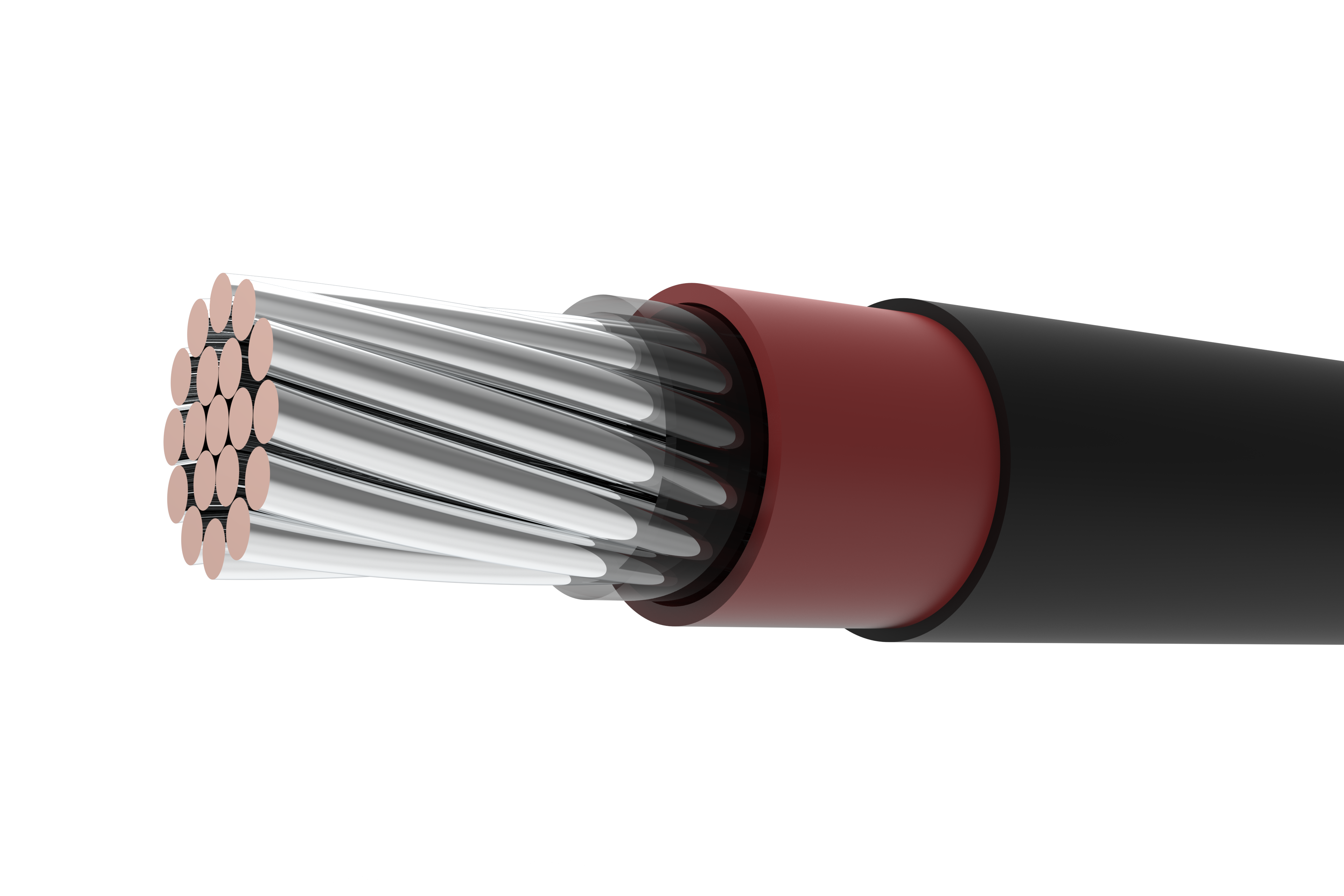
In the rapidly evolving landscape of solar energy, Photovoltaic (PV) aluminum cable has emerged as a noteworthy player. Its unique characteristics and suitability for specific applications make it an interesting alternative to traditional copper wiring in solar setups. Understanding PV aluminum cable, its strengths, limitations, and applications is key for professionals navigating the solar industry.
What is PV Aluminum Cable?
PV aluminum cable is designed specifically for use in solar photovoltaic power systems. It is made from aluminum conductors and is often insulated with materials that are resistant to sunlight, heat, and other environmental factors. This type of cable comes in various lengths and gauges, offering flexibility in terms of installation and application. Its construction is geared towards providing efficient conductivity while being lightweight and cost-effective.
Material and Variations
Aluminum, the core material of these cables, is known for its lightweight nature and good conductivity. Although it doesn’t conduct electricity as efficiently as copper, its lower cost and lighter weight make it an attractive option. PV aluminum cables come in different strengths and lengths, catering to various installation needs and scales.
Strengths and Limitations
One of the significant strengths of PV aluminum cable is its cost-effectiveness. Aluminum is generally more affordable than copper, which can lead to reduced material costs in large-scale solar installations. Additionally, its lightweight nature makes it easier to handle and install, especially in expansive solar farms where long cable runs are common.
However, it does have its limitations. Aluminum is less conductive than copper, meaning a thicker gauge is often required to carry the same amount of current as a copper wire. This can sometimes offset the weight and cost advantages. Aluminum is also more susceptible to oxidation and requires careful handling and proper connectors to ensure a secure and corrosion-resistant connection.
Comparing PV Aluminum Cable to Copper Wire
When compared to copper wire, aluminum cable is generally more cost-effective and lighter, making it easier to handle during installation. However, copper wire offers superior conductivity and is less prone to oxidation, making it a more reliable choice in terms of long-term durability and electrical efficiency. The choice between aluminum and copper often comes down to the specific requirements of the project, including budget constraints, installation environment, and longevity expectations.
Applications in the Solar Industry
PV aluminum cable is primarily used in solar photovoltaic systems, where it serves to connect solar panels to inverters and other electrical components. Its applications span across various sectors within the solar industry:
- Residential Solar Installations: In home solar systems, PV aluminum cable can offer a cost-effective solution for connecting rooftop solar panels.
- Commercial Solar Projects: Larger commercial installations, such as solar arrays for businesses and schools, benefit from the cost savings and ease of installation provided by aluminum cabling.
- Utility-Scale Solar Farms: In vast solar farms, the lightweight nature of aluminum cable simplifies the installation process, especially over large areas.
- Off-Grid Solar Systems: For remote or off-grid solar setups, the affordability makes it a practical choice for cost-sensitive projects.
Conclusion
In conclusion, PV aluminum cable presents a viable option for solar photovoltaic installations, balancing cost-effectiveness with functional performance. While it may not match the conductivity and durability of copper, its advantages in terms of cost and weight make it a suitable choice for many solar projects. As the solar industry continues to grow and evolve, the role of PV aluminum cable in driving affordable and efficient solar solutions is likely to expand, catering to the diverse needs of this dynamic sector.

